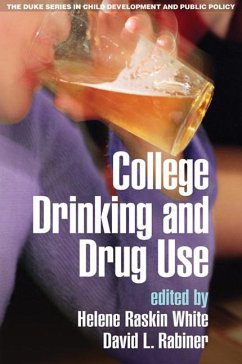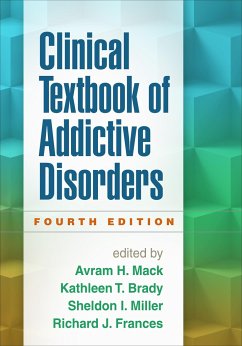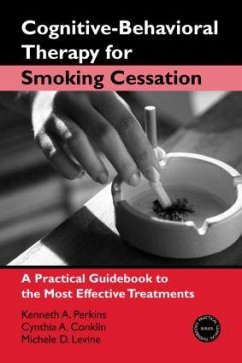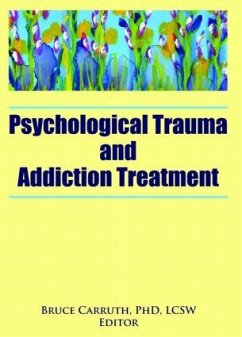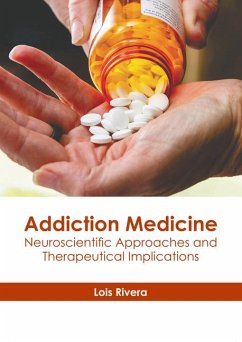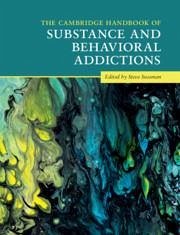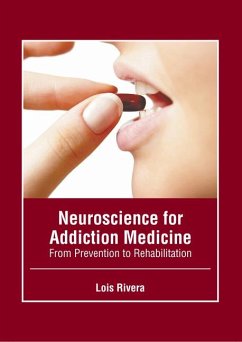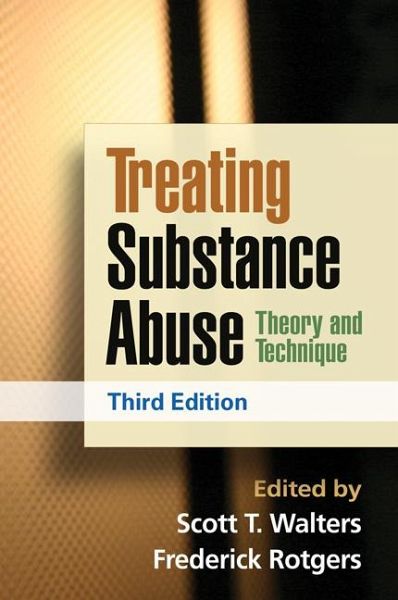
Treating Substance Abuse
Theory and Technique
Herausgeber: Walters, Scott T; Rotgers, Frederick
Versandkostenfrei!
Versandfertig in über 4 Wochen
86,99 €
inkl. MwSt.

PAYBACK Punkte
43 °P sammeln!
Widely adopted, this state-of-the-art work is grounded in the best available knowledge about substance abuse and its treatment. The editors and contributors are leading authorities who provide a complete introduction to each of today's major evidence-based treatment approaches -- from conceptual underpinnings to clinical applications. The third edition has been revised and updated to reflect significant advances in research, theory, and technique. Entirely new chapters cover the biology of substance use disorders, treatment in primary care settings, and case management. The third edition retai...
Widely adopted, this state-of-the-art work is grounded in the best available knowledge about substance abuse and its treatment. The editors and contributors are leading authorities who provide a complete introduction to each of today's major evidence-based treatment approaches -- from conceptual underpinnings to clinical applications. The third edition has been revised and updated to reflect significant advances in research, theory, and technique. Entirely new chapters cover the biology of substance use disorders, treatment in primary care settings, and case management. The third edition retains the structure that makes the book so popular as a course text and practitioner resource. Following an introductory overview, paired chapters focus respectively on the theory and practice of each approach, including motivational, contingency management, cognitive-behavioral, 12-step, family, and pharmacological models. Theory chapters explain basic assumptions about how people develop, maintain, and recover from substance use disorders and concisely review the research support for each approach. Practice chapters then offer a start-to-finish view of treatment, covering such crucial topics as the therapeutic relationship, assessment procedures, goal setting, the sequencing of interventions, how "denial" and "resistance" are addressed, the role of self-help groups, and strategies for preventing and dealing with relapse. Illustrative case examples are included. The volume concludes with three chapters on integrating different techniques to meet patients' needs in a range of clinical settings. Written for a broad audience, this book is an essential text for courses in substance abuse treatment and addiction counseling. Experienced substance abuse clinicians -- including clinical psychologists, clinical social workers, psychiatric nurses, counselors, and psychiatrists -- will find it a valuable reference for staying up to date on current treatment approaches.




